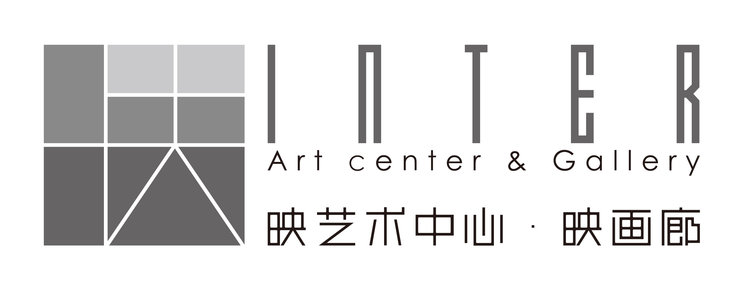Jia Yuping: Back then many people knew me
Jia Yuping: Back then many people knew me-- "Isn’t he the old guy who photographs beautiful women?"
Jia Yuping
I met all of these beauties in the late 1980s to early 1990s. We’ll begin with the salaries. During that time, everyone’s salaries were rather low; I earned 50-60 RMB for 18 years. When I was young, I liked photography, and in the 1980s, a Nikon FM2 cost 1,700 RMB, and a 35-70 lens was another 1,700 RMB. At the time, that was simply an astronomical figure. Later, I learned that calendars paid somewhat better; individual shots would fetch about 200 RMB, and a full calendar of 13 images could be sold for 4,000 to 5,000 RMB. I borrowed money to buy a 120 camera that could be used to shoot calendar photos, and I began to take pictures for calendars and magazine covers.
In Beijing at the time, I was paying the costs associated with shooting the calendars, so the compensation I gave the models was low. I paid 100 RMB per person per shoot, while others paid 200-400 RMB. How was it that I could work with them even though I paid the least? It was primarily that the pictures I took were popular, and I could get the models on the covers of major magazines. This was the best part for them, so a lot of people were willing to work with me. My first pot of gold was made shooting calendars. Many people knew me; wasn’t he the old guy who photographed beautiful women?
I made friends with these ladies, and we’re still friendly to this day. The pictures I took certainly benefitted them. Wang Ji, a young performer at the Beijing People’s Art Theater, wanted to go to the United States in the 1980s. She went to the American embassy and was rejected five or six times, until finally the staff at the embassy (all of whom were China experts who could speak Chinese clearer than many Chinese people) told her that if she could have the theater, or some other entity, produce materials that proved she was a noted actress, they could give her a visa. Wang Ji was upset, but later she was flipping through six or seven magazines, all of which had pictures of her that I had taken on the cover. When she brought them to the American Embassy, she was immediately given approval to go to the United States. Wang Ji left, and it was only later that she got a part on the TV show Beijinger in New York, which made her a national star.
